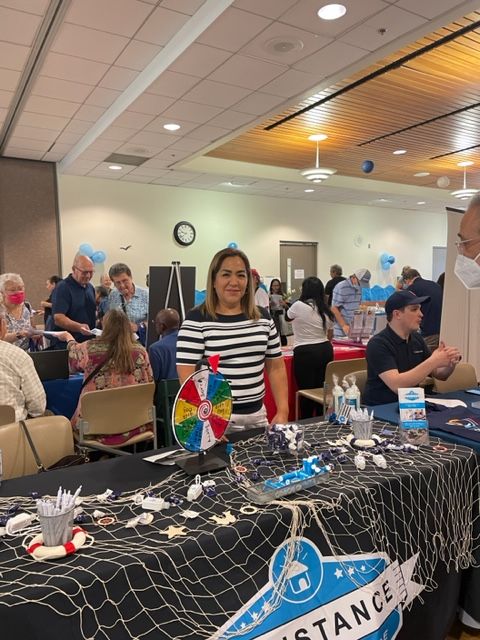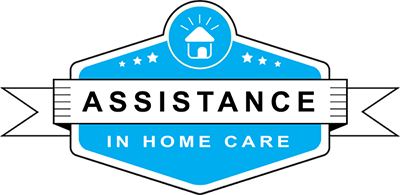Taking the Stress Out of Healthy Eating

Part of the struggle in making that change towards a more nutrient rich diet is figuring out what to get when you walk down the grocery aisle. The rest is trying to cook up a proper meal for you and your family Luckily, Assistance in Home Care is here to make that process less grueling with a few recommendations on what ingredients you should look as well as a few meals you can make in the kitchen.
Nutrition 101
If you’ve been following our previous blog posts, you already know that as we age, our metabolism begins to slow down. The choices we make in the grocery aisle become more crucial Assistance in Home Care wants the best for you and your loved ones, so here are a few reminders to be mindful of on your next grocery trip:1
- Consume More Liquids: Water, Fat Free Milk, and 100% Juice are healthy alternatives to carbonated and sugary drinks that will keep you hydrated throughout the day.
- Calcium for Bone Health: Maintaining bone health as you age relies on a healthy calcium intake to prevent osteoporosis and bone fractures. Dairy is essential when meeting those needs! Milk, yogurt, cheese, and non dairy sources such as tofu and broccoli should also be added to your shopping list.
- Be Smart with Your Carbs: Choosing w hole grains over processed white flour provides more nutrients and fiber while cutting down on sugars and refined carbs.
As we age our senses begin to weaken, but that doesn’t stop us from wanting to taste delicious food.2 However you need to be careful Loss of taste often leads to many elderly people consuming more sugar and refined carbs than they’re aware of.
Eating Well on a Budget
Eating healthier doesn’t necessarily have to mean breaking the bank. Paying for organic food hasn’t always been easy on the wallet but there are ways to save money and eat healthy.
- Less Take Out: Even if you’re not buying healthier foods, resisting your fast food craving saves your wallet and can force you to get creative with your homecooked meals.
- Search Out Farmers’ Markets: Weekly farmers’ markets are a great way of getting fresh food directly. Plus, you’d be supporting your local community!
- Meal Prep: Cooking a large meal at the beginning of the week so you don’t have to worry about food when you ’re not in the mood to cook. It also helps to have a family member or a caregiver to help you.
Buying the ingredients is half the battle Here are a few easy recipes to add to your cookbook to get you started.3
- Chicken Cutlets with Sun Dried Tomato Cream Sauce: Only 324 calories per serving and a great source of protein, this healthy recipe seals the deal with the sun dried tomato sauce!
- Spinach Mushroom Quiche: For the vegetarians, or if you’re looking for a simple recipe, this is as easy as it gets. T his Quiche recipe can be enjoyed for breakfast, brunch, or lunch.
- Cinnamon Roll Overnight Oats: A no cook breakfast in minutes and perfect for the grab and go mornings.
Each recipe is available at the EatingWell link in the References section below Nutritional eating doesn’t have to be vegetables and water all day. As long as you’re being cautious of the foods you’re eating, you can take steps towards a healthier lifestyle and still enjoy what you eat!
A Healthier Change for a Happier You
Making the first steps towards a healthier lifestyle is great, however a sudden change in one’s daily routine can quickly become overwhelming, stressful, and disheartening. Assistance in Home Care offers personalized 3 hour to 24-hour in-home care to help you or a loved one ease their way into a stable, independent life. We care for individuals with all types of care needs. Our caregivers are trained in assisting with meal preparation, medication assistance, or personal hygiene care so that you or a loved one can remain in-dependent in the comfort of your home.
Resources
- Help Guide: https://www.helpguide.org/articles/healthy eating/eating-well-as-you-age.htm
- National Institute on Aging: https://www.nia.nih.gov/health/smell and taste
- Eating Well: https://www.eatingwell.com/recipes/18053/lifestyle diets/healthy aging/


